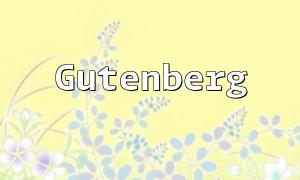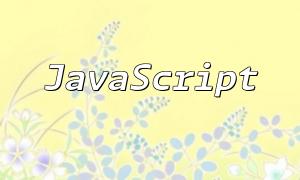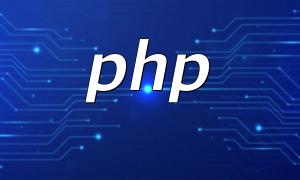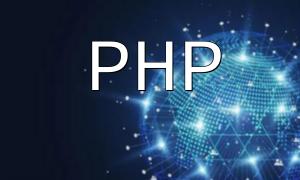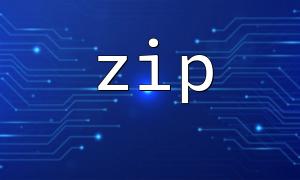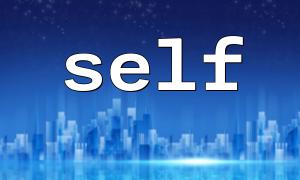Django and PHP are both indispensable technologies in today's web development landscape. Although both can be used to build dynamic websites and are supported by active communities, they differ significantly in implementation and functionality.
<h2>Language Structure and Architecture</h2>
<p>Django is an efficient web development framework based on Python, while PHP is a widely-used server-side scripting language. Django follows the "Model-View-Template" (MVT) architecture, whereas PHP typically uses the flexible "Model-View-Controller" (MVC) architecture.</p>
<h3>Development Efficiency</h3>
<p>When it comes to development efficiency, Django offers several built-in features such as user authentication, an admin interface, and database integration, which significantly speed up development. In contrast, although PHP offers several powerful frameworks (like Laravel and Symfony), it often requires developers to manually integrate various components.</p>
<h4>Learning Curve</h4>
<p>For beginners, Django tends to have a smoother learning curve. Python's clean syntax allows newcomers to quickly get started. On the other hand, PHP's basics are relatively simple, but as developers dive deeper into it, they may encounter certain challenges.</p>
<h2>Security Comparison</h2>
<p>When it comes to security, Django has a clear advantage. It comes with built-in features like Cross-Site Request Forgery (CSRF) protection, SQL injection protection, and more. In comparison, PHP requires developers to implement these security measures themselves, which can lead to potential security vulnerabilities.</p>
<h3>Performance and Scalability</h3>
<p>Regarding performance, Django is generally considered to be a more efficient option, especially for building large-scale applications. PHP can also be optimized, but this often requires more experience and expertise. Additionally, Django's architecture makes it easier to scale and maintain applications.</p>
<h2>Community and Support</h2>
<p>Both Django and PHP have strong developer communities. Django offers comprehensive documentation and is very beginner-friendly, while PHP, being older, has a wealth of online resources and tutorials to help developers solve problems quickly.</p>
<h3>Use Cases</h3>
<p>The choice between Django and PHP depends on the specific needs of the project. If you're looking for rapid development and are working on a large project, Django is a great choice. On the other hand, for small websites or legacy projects, PHP may be more suitable.</p>
<h2>Conclusion</h2>
<p>In conclusion, both Django and PHP have their own advantages and drawbacks. When choosing the right framework, developers should consider project requirements, team expertise, and future scalability. Regardless of the final choice, the goal is to build fast, secure, and efficient web applications.</p>
